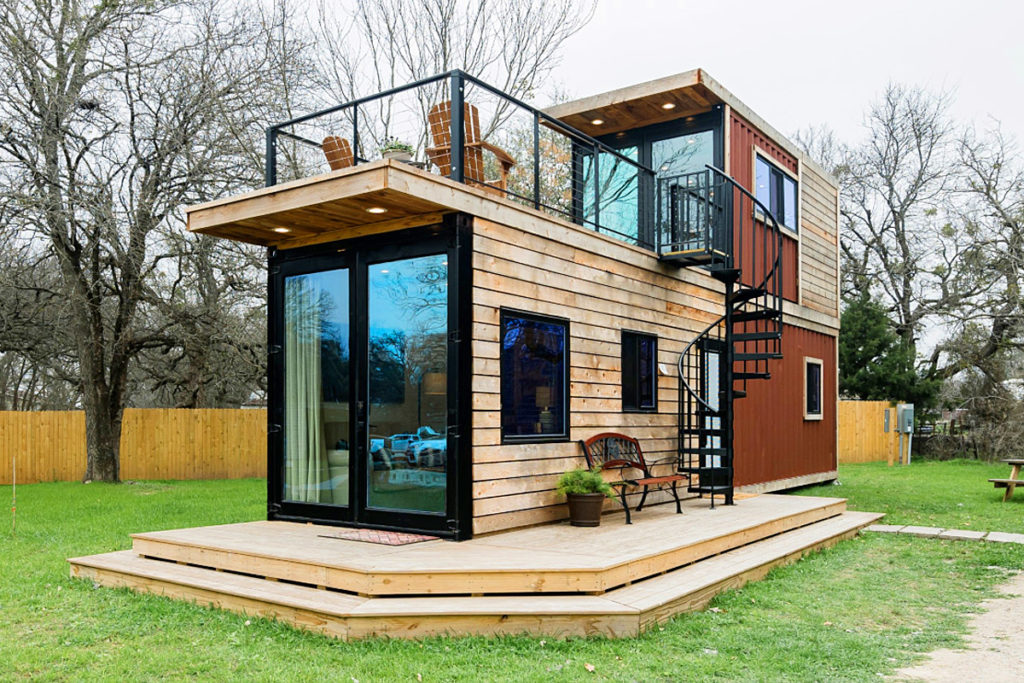The Small Home Revolution Is Already in Your Backyard
Forget the skyscrapers and sprawling subdivisions — the real housing revolution might be happening right behind your house.
Accessory Dwelling Units, or ADUs, are the quiet heroes of the affordable housing movement. These compact spaces — backyard cottages, converted garages, and basement apartments — are proof that big change doesn’t always need big land.
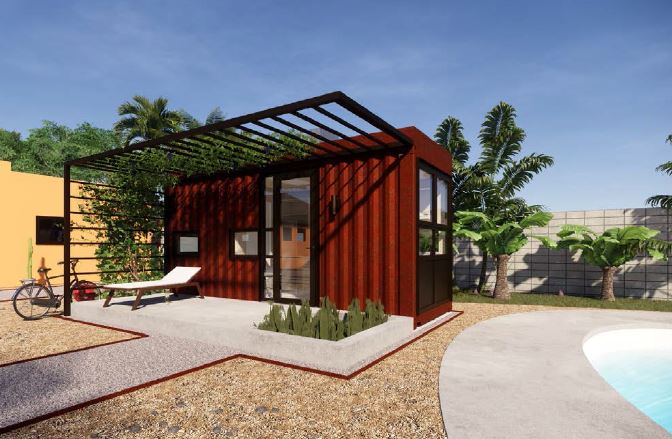
Think of ADUs as the ultimate upcycle for your property. Instead of building outward, homeowners are building smarter, transforming underused land into living spaces that serve families, renters, and communities.
Why ADUs Are Having Their Moment
Here’s the genius of ADUs: they use what’s already there.
No buying new lots. No massive infrastructure overhauls. No endless zoning fights (well, fewer of them). Across the U.S., cities are rewriting their zoning laws to make ADUs easier to build — and it’s working.
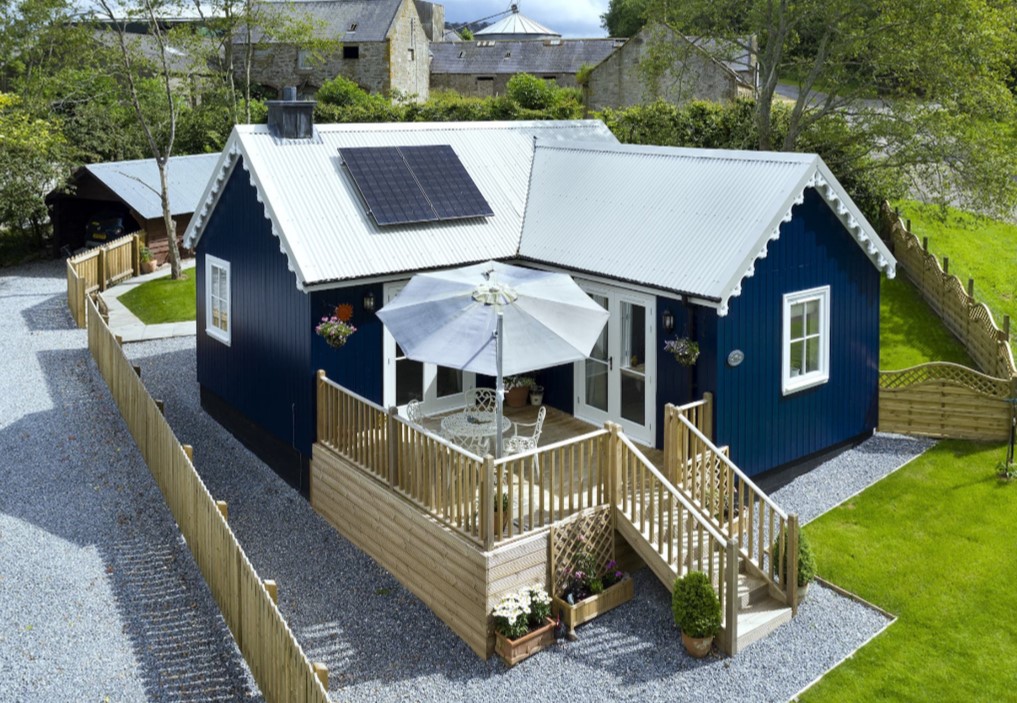
California, Oregon, Washington, Vermont, Massachusetts, and others are leading the way, fast-tracking permits and offering incentives for homeowners to add ADUs for rental income, multigenerational living, or downsizing without moving away.
The result? A new wave of small, flexible homes that slip right into existing neighborhoods and solve housing needs one yard at a time.
The Stealth Weapon of Affordable Housing
If even 10% of eligible U.S. homeowners built an ADU, we could add millions of new, affordable units to the housing market — without a single new subdivision.
That’s the kind of impact that changes communities. It’s housing that doesn’t bulldoze neighborhoods — it enhances them.
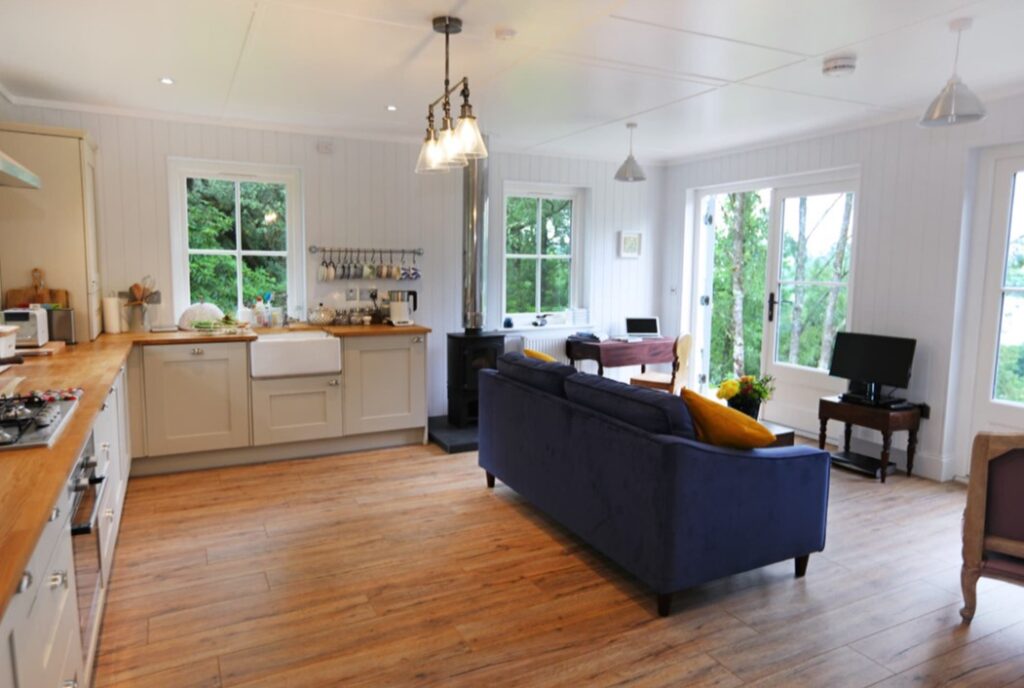
And unlike large-scale apartment developments, ADUs don’t trigger neighborhood backlash. They blend in. They add density without disruption. They let homeowners become part of the housing solution — and often, they profit from it.
Why ADUs Win
1. Built on existing land: You already own the space. You’re just using it better.
2. Neighborhood-friendly: ADUs fit into the community’s character instead of changing it.
3. Long-term income: Renting an ADU can help homeowners offset mortgages or retirement costs.
4. Less infrastructure: They tap into what’s already there — water, power, streets.
5. Policy-backed: More and more states are cutting red tape and encouraging ADU construction.
The Human Side of the ADU Movement
For many families, ADUs are more than just an investment — they’re a lifeline.
- A retired couple builds one for extra income.
- A young family creates one for aging parents.
- A homeowner rents one out to a teacher or nurse who can’t afford nearby housing.
These are the small, everyday stories driving a massive shift in how we think about community, family, and affordability.
Why Gen Z Should Care
Here’s the twist — Gen Z might be the generation that fully unlocks the ADU boom.
They’re tech-savvy, sustainability-minded, and not tied to the “McMansion” dream. They see ADUs as part of a circular economy — using less, wasting less, living more intentionally. Many are looking for rental opportunities in walkable neighborhoods close to work or school. ADUs check every box.
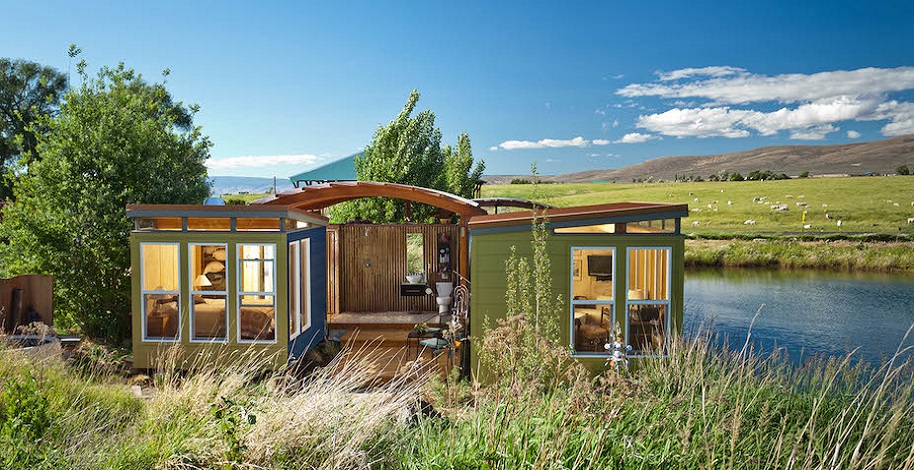
And as Gen Z starts inheriting or buying homes, they’ll likely see ADUs not as “add-ons,” but as built-in possibilities.
The Future Is Small, Smart, and Sustainable
Accessory Dwelling Units aren’t just another housing trend — they’re the next logical step in how we live. They combine sustainability, community, and practicality in a way that traditional housing can’t.
In a world chasing “bigger,” ADUs remind us that the smartest solutions often start small — in a backyard, a basement, or a side street that’s ready for a second chance.
So yes, the quiet power of ADUs is real. And the next time someone says there’s no room left to build, just smile — and point to your backyard.
.
With over 9,000 published articles on modular and offsite construction, Gary Fleisher remains one of the most trusted voices in the industry.
.

CLICK HERE to read the latest edition

Contact Gary Fleisher





